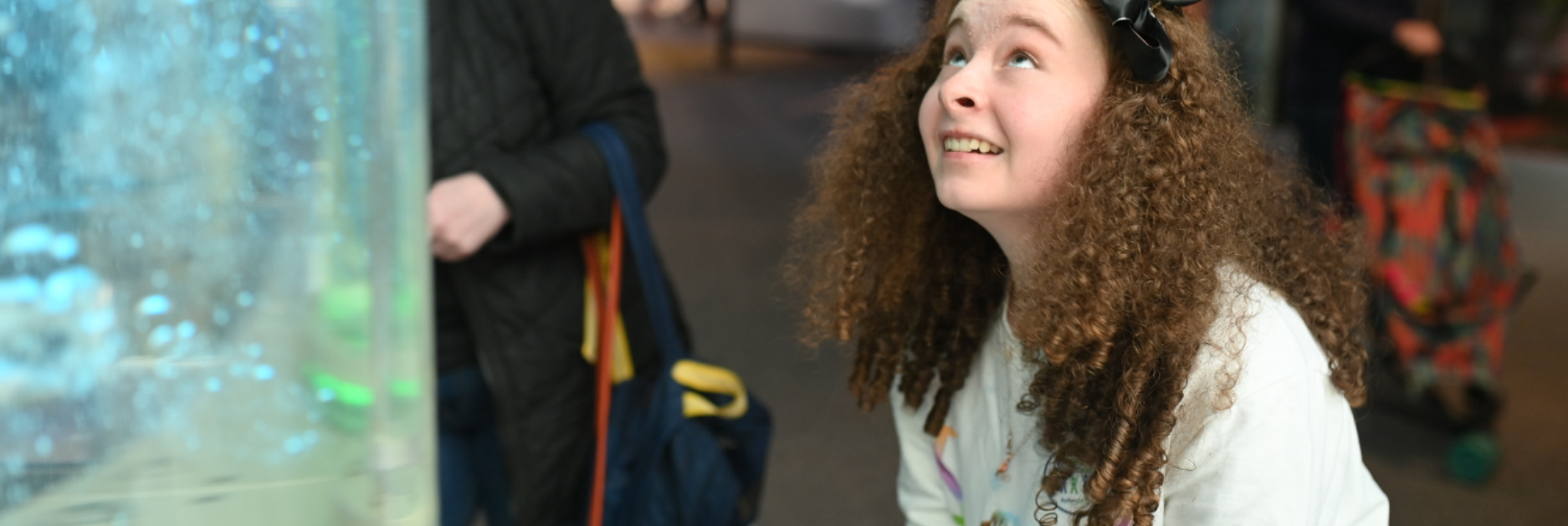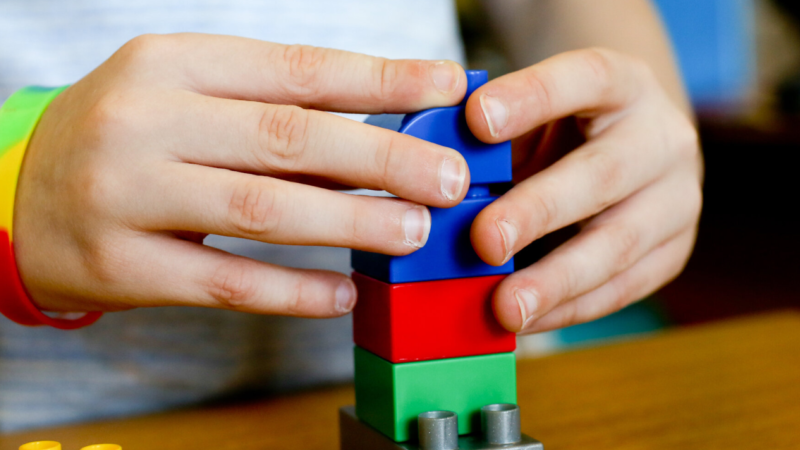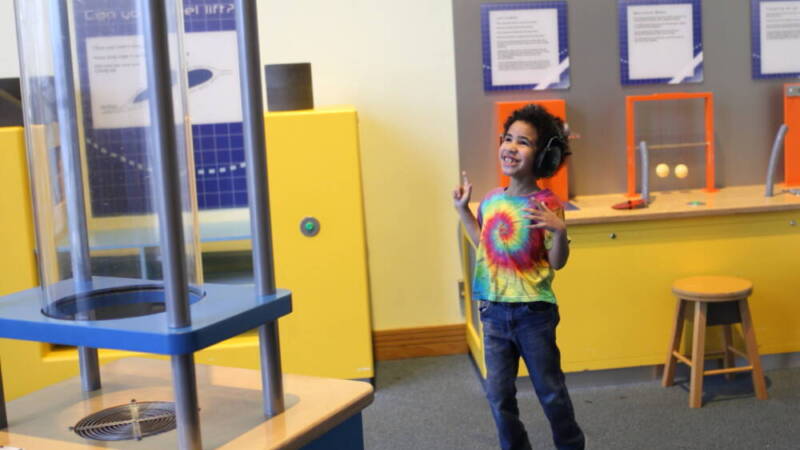Autism is a lifelong, social communication condition.
Autism affects the way a person relates to people, social situations, and the immediate environment, including their day to day routines. Many autistic people experience differences in processing everyday sensory information like sight, smells, touch, tastes and sounds.
As autism is a spectrum condition, it will affect people in different ways depending on the individual. There is no single list of characteristics or signs of autism that every autistic person will have, as all autistic people are individuals.
Autistic people may also describe themselves as neurodivergent. Neurodivergence includes lots of different conditions such as OCD, Dyslexia, Schizophrenia, ADHD and Down Syndrome. Neurodiversity recognises that these differences are natural variations and differences that exist across people.
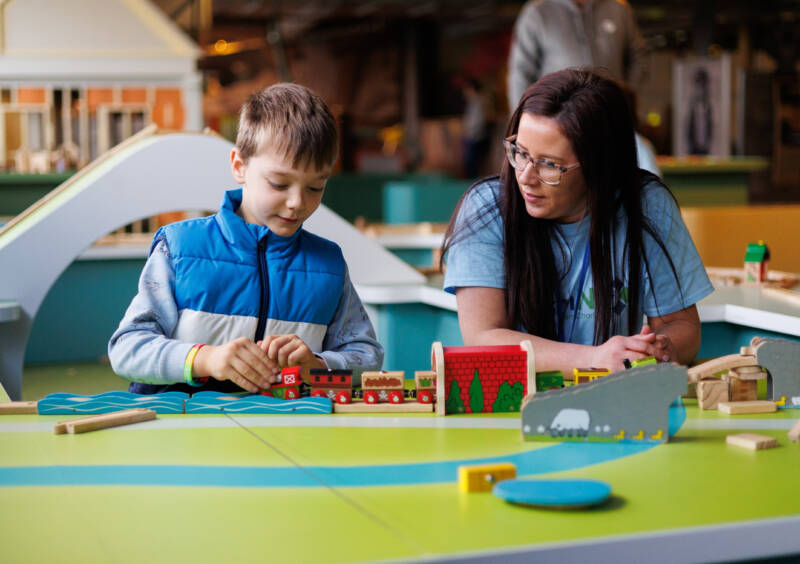
Autism is a different way of processing, not the wrong way. This can result in both strengths and challenges for autistic people.
For example, many autistic people have a very deep focus and attention to detail and can problem solve in a different way leading to new, innovative ways of working. It is important to get to know everyone’s strengths and differences, so that we can be person-centred, inclusive, and supportive.
Lots of autistic people experience difficulty in accessing services and supports due to misunderstandings about autism and services not being accessible to their needs. By building understanding and acceptance of autism, we can all play our part in building an inclusive society that supports autistic people.
Have a look below at our key topics related to autism below to find out more information.
Find out more about autism
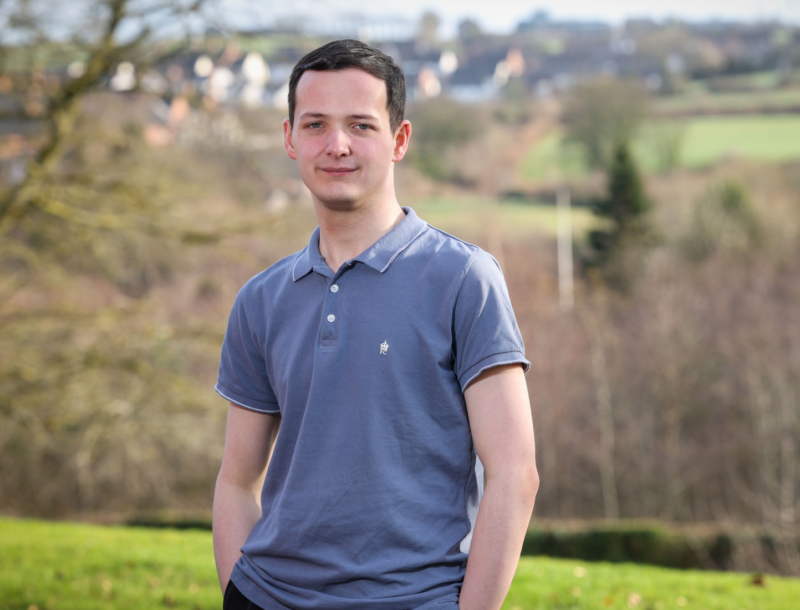
Spectrum Stories
Autism NI support autistic people and their families through a range of different services. We are sharing their stories and experiences of life on the spectrum.
